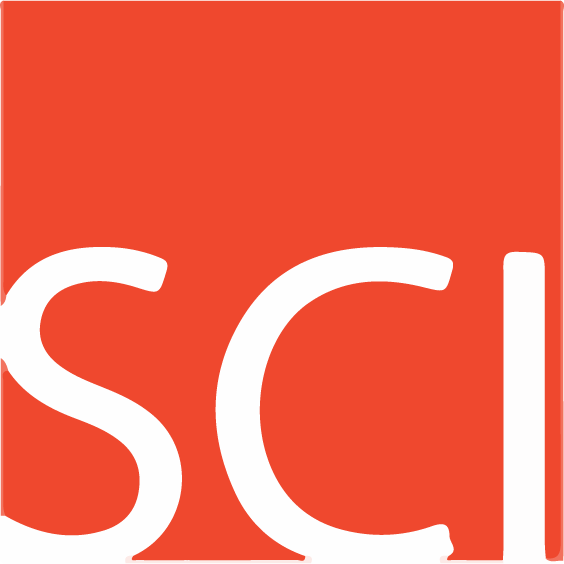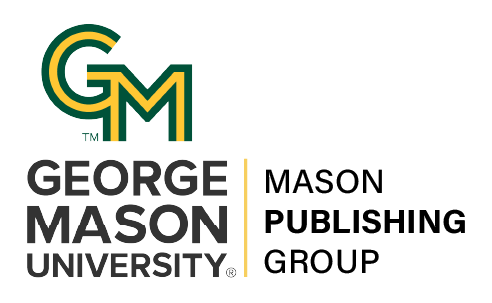Report from the Information Overload and Underload Workgroup
DOI:
https://doi.org/10.13021/G8R30GAbstract
The duality of information overload and underload is a defining issue of our age. Scholarly information is abundant but not universally accessible to all scholars and learners, thereby hindering or prohibiting equitable engagement in ongoing scholarly conversations. Access is a core aspect of the issue of overload and underloadââ¬âboth access to research materials and access to venues where one can contribute to the scholarly corpusââ¬âbut it is not the only aspect. Our group agreed that the problem of overload is preferable to that of underload; however, the dual nature of the issue makes that conclusion more nuanced, dynamic, and situational. In this report we explore the many factors and causes of information overload and underload and also develop ideas for solutions. A summary of the issues is provided.
OSI2016 Workgroup QuestionInformation underload occurs when we donââ¬â¢t have access to the information we need (for a variety of reasons, including cost)ââ¬âresearchers based at smaller institutions and in the global peÃÂriphery, policymakers, and the general public, particularly with regard to medical research. Overload occurs when we can access everything but are simply overwhelmed by the torrent of information available (not all of which is equally valuable). Are these issues two sides of the same coin? In both cases, how can we work together to figure out how to get people the information they need? Can we? How widespread are these issues? What are the economic and research consequences of information underload and overload?



